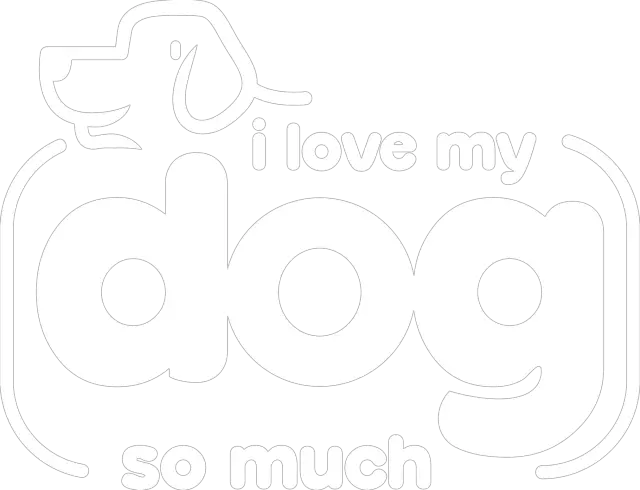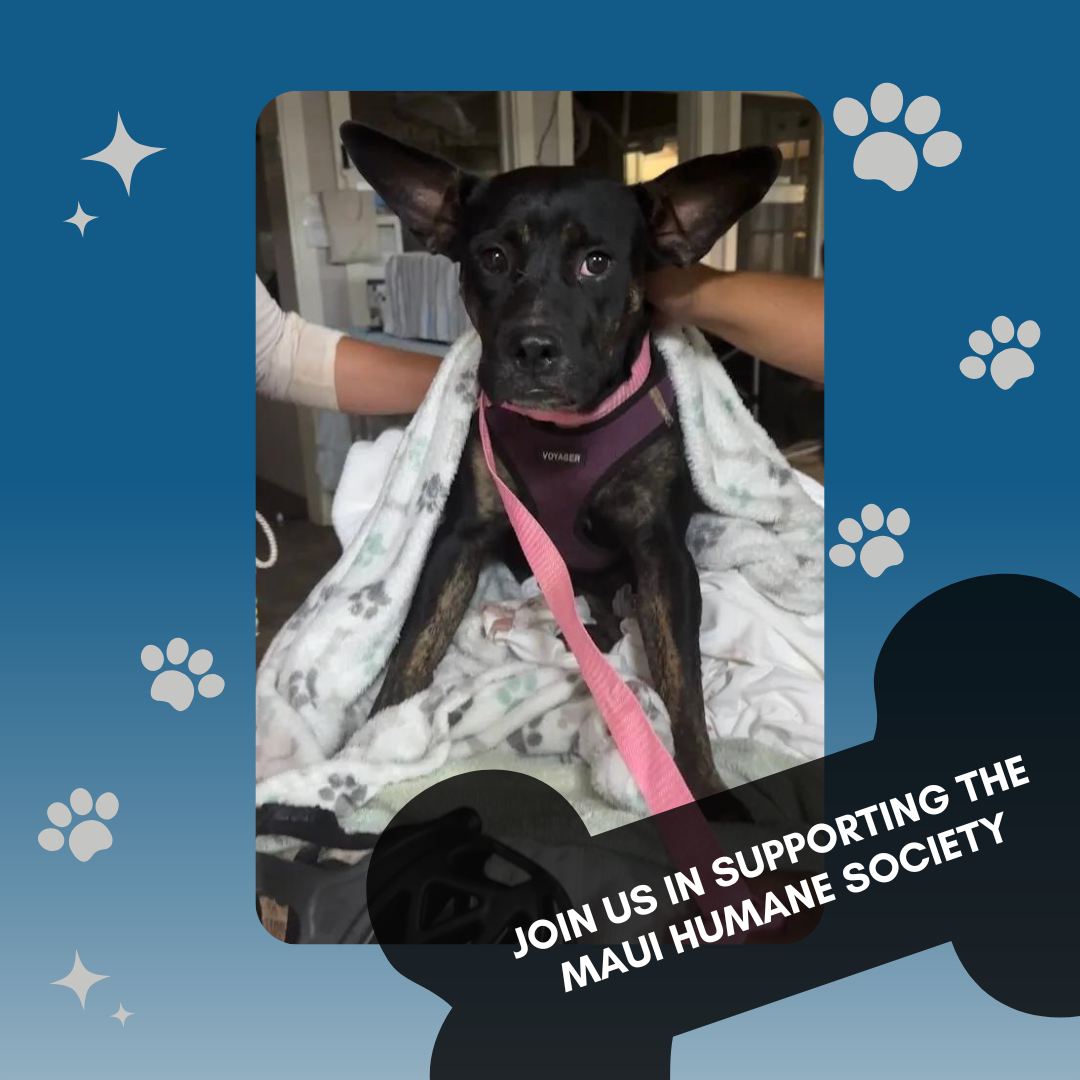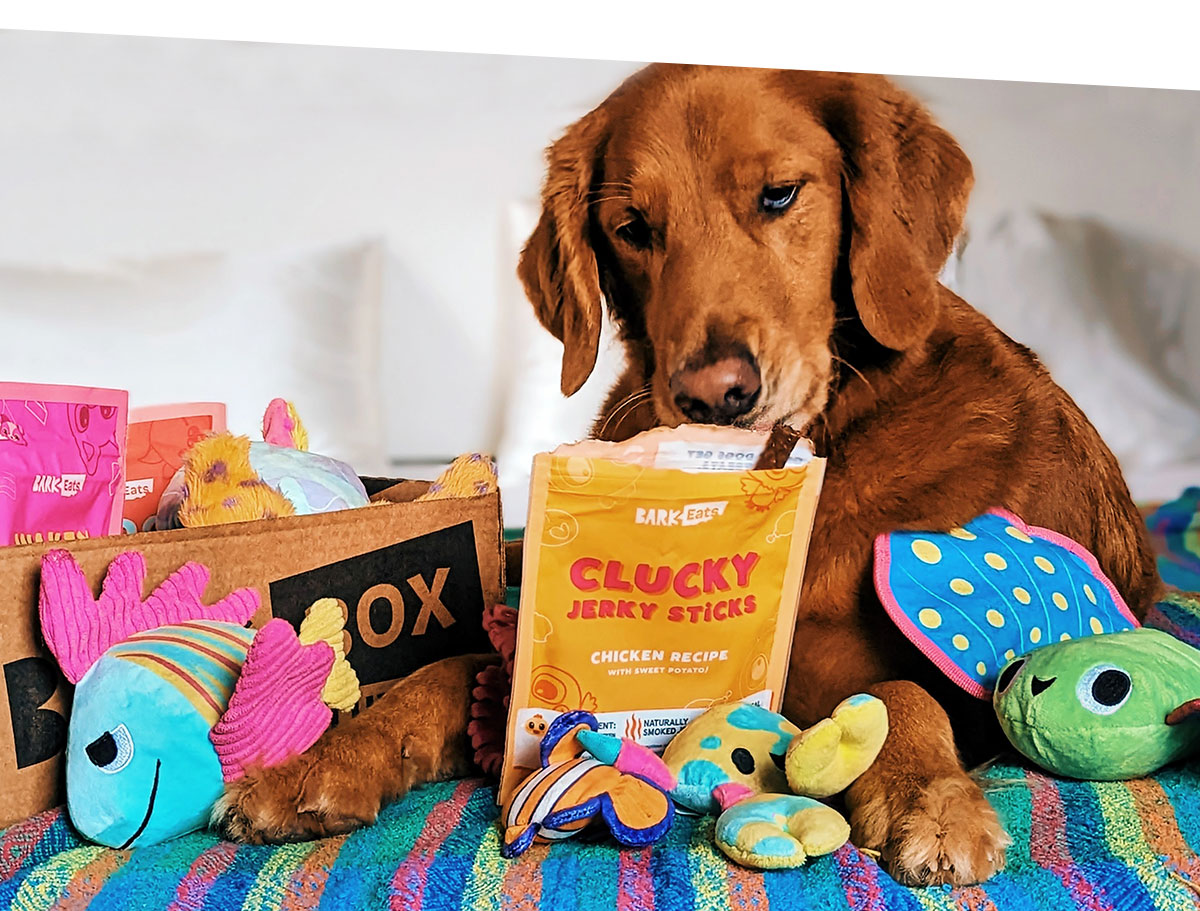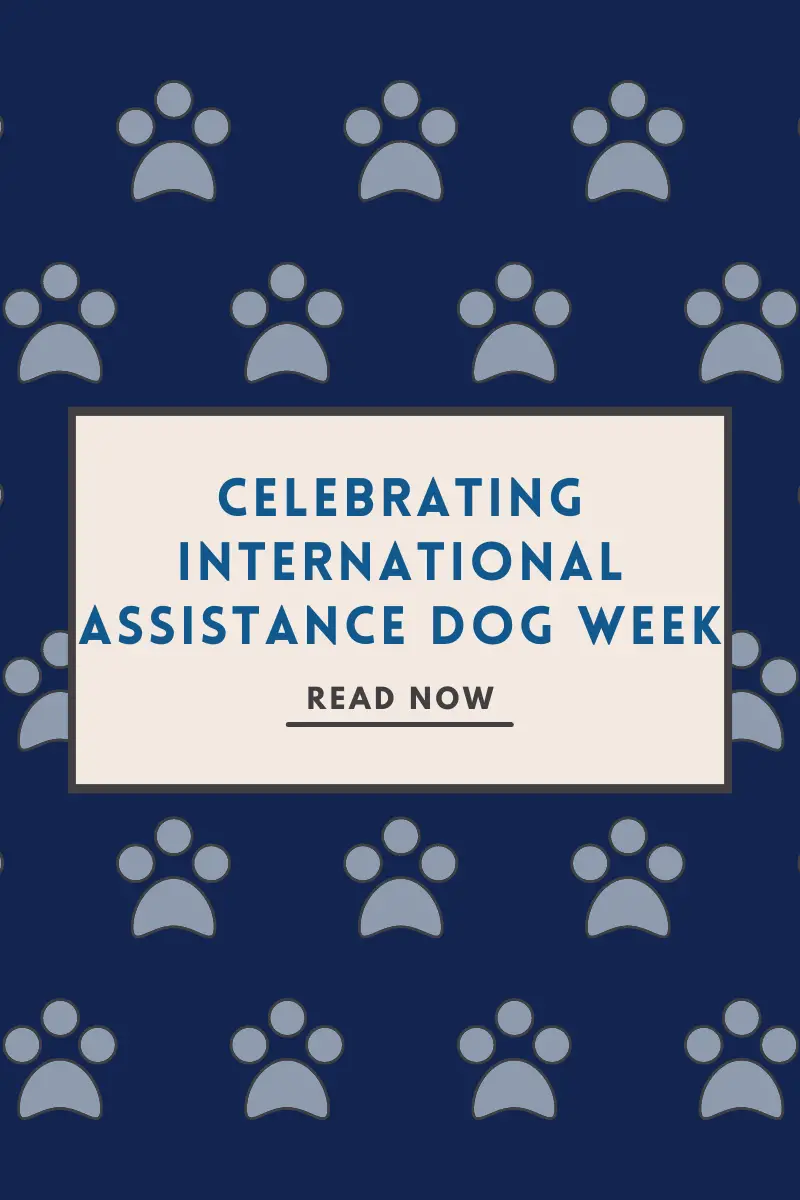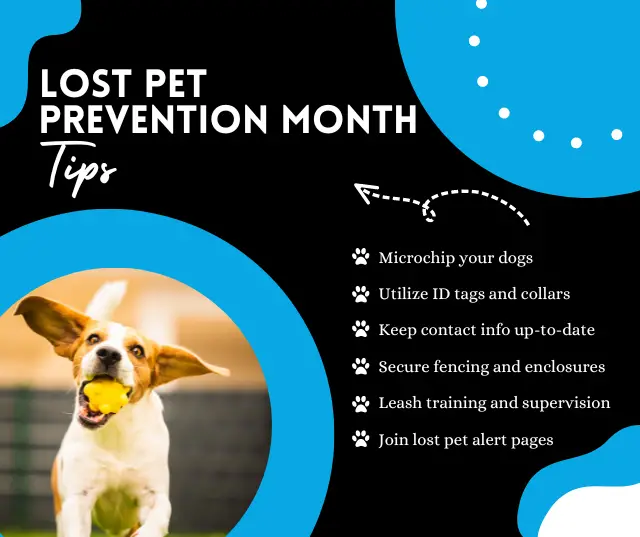Puppy biting is a common and natural behavior, as puppies explore their world through their mouths and learn about their surroundings by nipping and chewing. However, it’s crucial to teach your puppy appropriate bite inhibition to prevent unwanted biting in the future. In this article, we’ll discuss effective strategies for stopping your puppy from biting and encouraging polite mouth manners.
- Redirect to Appropriate Chew Toys
When your puppy starts to bite, redirect them to a suitable chew toy or teething object. This teaches your puppy what is acceptable to chew on and satisfies their natural urge to bite. Keep a variety of chew toys on hand, such as soft plush toys, rubber toys, and rope toys, to provide your puppy with options and keep them engaged.
- Encourage Calm and Gentle Play
Engaging in calm and gentle play with your puppy helps them learn appropriate social behaviors. Avoid rough play, such as wrestling or tug-of-war, as this can encourage biting and mouthing. Instead, use toys for interactive play and reward your puppy with praise and treats when they play gently and without biting.
- Use Positive Reinforcement
Reward your puppy with praise, treats, or playtime when they exhibit appropriate behavior, such as playing without biting or chewing on their toys. Positive reinforcement helps your puppy understand which behaviors are desirable and encourages them to repeat these actions.
- Teach the “Leave It” Command
Teaching your puppy the “leave it” command can be an invaluable tool in curbing biting behavior. This command instructs your puppy to release whatever they have in their mouth and redirect their attention to you. Start by teaching “leave it” with low-value items, like a toy or a piece of kibble, and gradually progress to higher-value items, like shoes or socks.
- Implement Time-Outs
If your puppy continues to bite despite redirection and positive reinforcement, consider using time-outs as a consequence. When your puppy bites, calmly say “time out” or “no bite” and remove yourself from the situation for a short period (30 seconds to 1 minute). This helps your puppy understand that biting results in an end to fun and attention.
- Socialize with Other Puppies and Dogs
Socializing your puppy with other puppies and well-behaved adult dogs is an excellent way to teach them appropriate bite inhibition. Through play, puppies learn to control the force of their bites and understand the difference between gentle mouthing and biting. Ensure that your puppy’s playmates are vaccinated and well-socialized to ensure a positive and safe learning experience.
- Consult a Professional
If your puppy’s biting persists or becomes aggressive, consult a professional dog trainer or behaviorist for guidance. They can provide personalized advice and training techniques to address your puppy’s specific needs and challenges.
Conclusion
Teaching your puppy to stop biting is an essential aspect of their early development and socialization. By using redirection, positive reinforcement, time-outs, and appropriate socialization, you can help your puppy learn polite mouth manners and prevent unwanted biting behavior. Remember, consistency and patience are key when training your puppy, and with time and effort, you’ll see significant improvements in their behavior.
